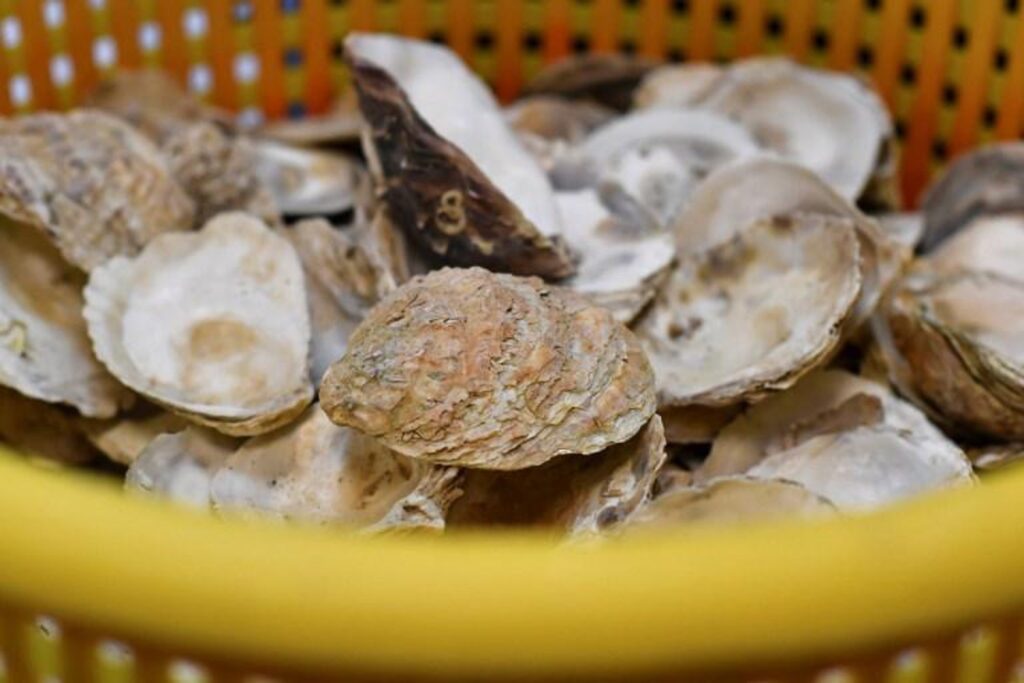A pilot project aimed at enhancing marine biodiversity by restoring flat oyster banks in the North Sea has been announced by Belgium’s Marine Environment Department.
“The European oyster has always been a flagship species in our North Sea, but it’s almost completely vanished,” Senne Aertbeliën of the Marine Environment Department is quoted as saying in a press release.
“Oyster banks perform crucial roles for our marine ecosystem," the marine environment policy officer stressed. "They create biodiversity hotspots by providing food and shelter for other species. They also play a part in the carbon and nitrogen cycles and filter seawater. The active restoration of these populations is therefore a priority for us.”
The majority of Europe’s oyster banks disappeared at the end of the 19th century, mainly due to overfishing and disruptive human activities on the seabed. Additionally, the species was infected by the Bonamia ostreae oyster parasite, introduced from California to Europe around 1979. Since then, European flat oysters have almost totally vanished in Belgium, the Netherlands and France due to this parasite.
The pilot project plans to undertake the restoration work far from the coast, where the oyster banks were historically located. The oyster reef will be closely monitored over several years until it becomes self-sufficient, thriving, and capable of supporting marine ecosystems.
The BELREEFS consortium, which is leading the project, consists of maritime construction group Jan De Nul, the Institute of Natural Sciences, aquaculture expertise firm Shells & Valves and sustainability consultancy Mantis Consulting.

